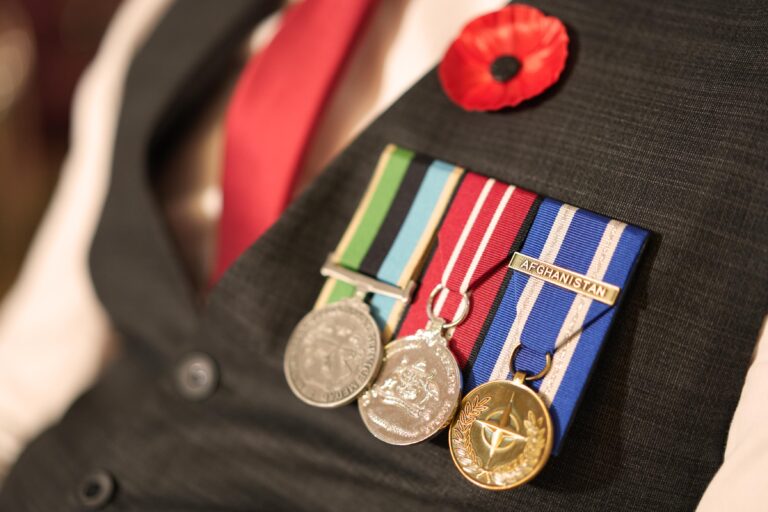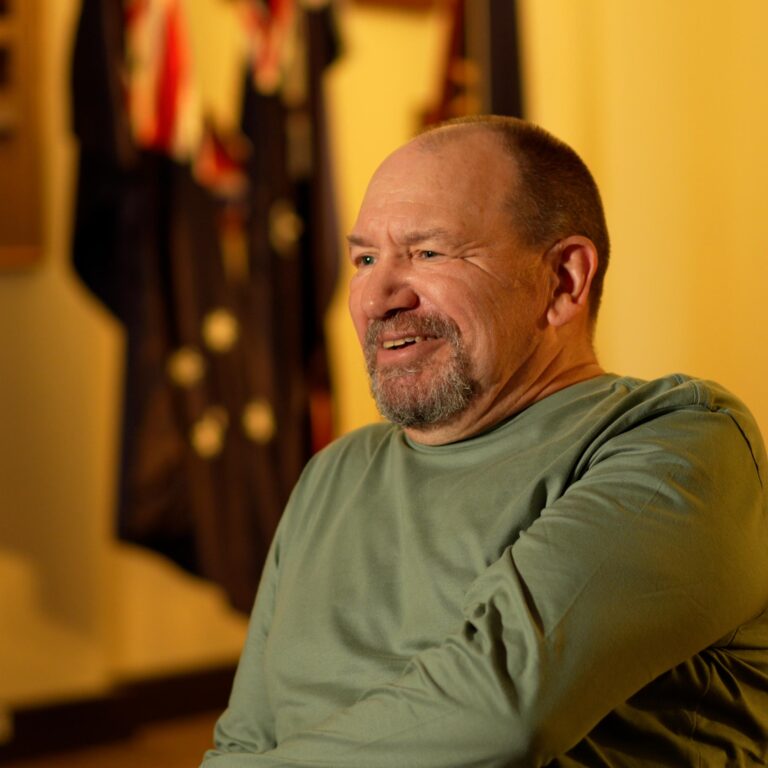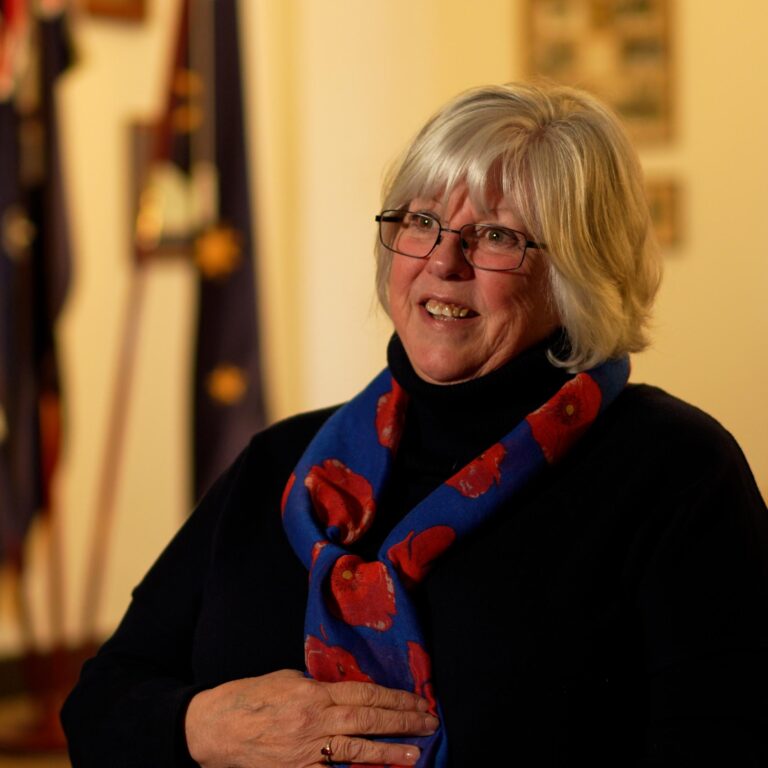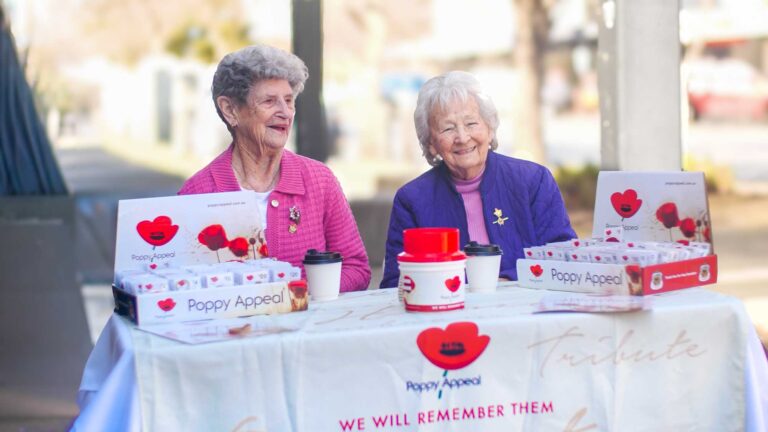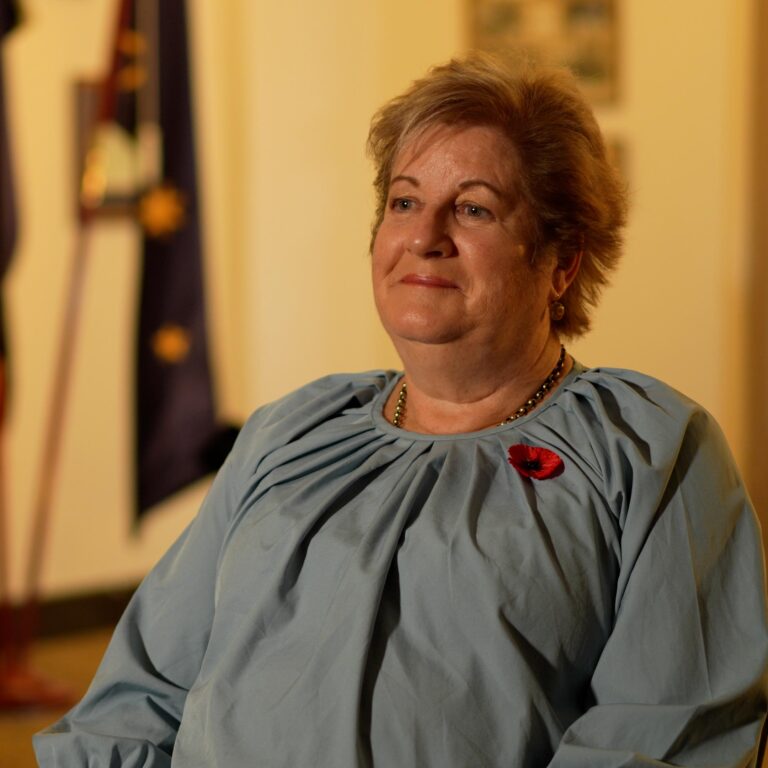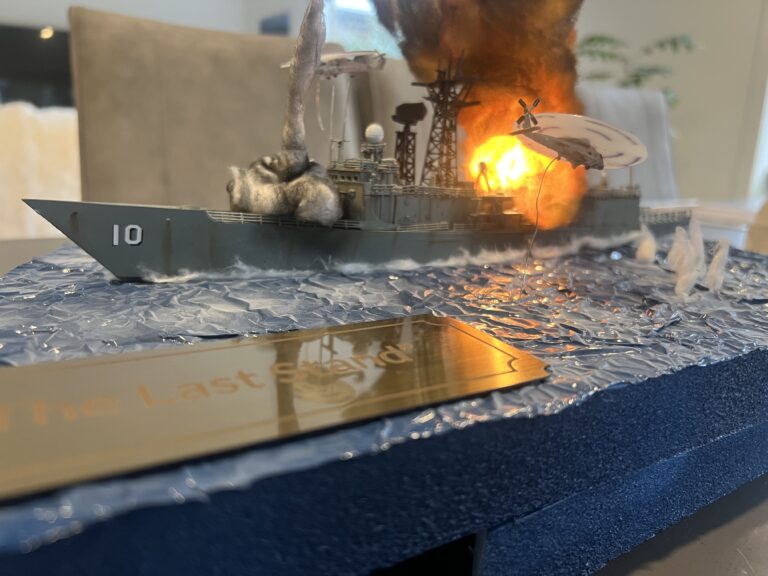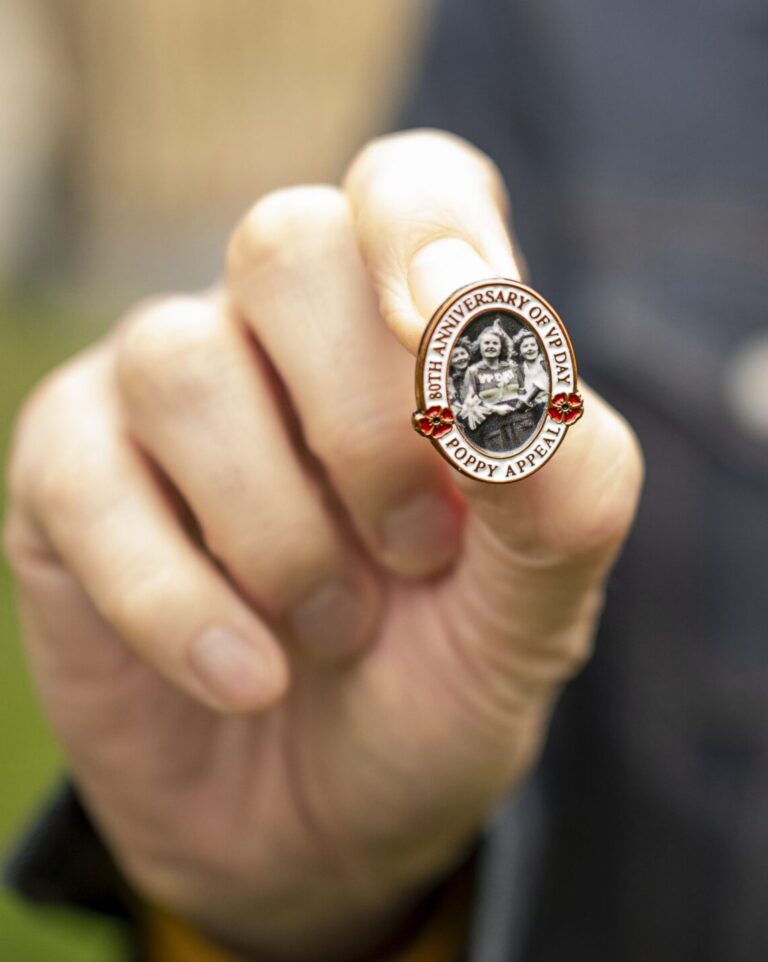First Lady: Kirsty Sword Gusmao AO

Written by Sue Smethurst
24 September 2022
The clock was ticking towards midnight on 19 May 2002.
Kirsty Sword Gusmao was sitting in the front row of a 100,000 strong congregation on the outskirts of Dili awaiting the official arrival of the world’s newest nation.
Tears began to well up after almost two decades of risking her life fighting for East Timor’s independence, threatening to derail her characteristic composure.
She swallowed hard, determined not to let emotions get the better of her at such an austere moment, but it took every ounce of strength not to break down as her husband, Xanana Gusmao, raised the flag of the Democratic Republic of East Timor and was then sworn in as its President.
“I had been waiting for this moment for almost twenty years,” she recalls.
The dawn of independence for East Timor, or Timor-Leste as it’s now officially known, is one of the most significant geopolitical events in recent history. Bendigo-born Kirsty Sword Gusmao AO was at the heart of it, as were the Australian defence forces who led the international campaign to bring stability to the war-torn archipelago.
This year marks the 23rd anniversary of the INTERFET campaign, a revered peacekeeping mission which helped pave the way for freedom, and the fledgling nation’s inaugural First Lady has taken time to reflect on that unique moment in history.
“It was very rewarding for me to be able to contribute to helping a small and martyred people have a voice and finally achieve their long-held dream of an act of self-determination,” she says humbly.
“My overwhelming sentiment is gratitude. I am so thankful that I was trusted enough by the Timorese people to walk alongside them on their arduous and painful journey to freedom.”
KIRSTY SWORD GUSMAO
The road to freedom for the East Timorese was long and bloody.
In December 1975, just days after the tiny half island nation was granted independence by its former Portuguese rulers, it was invaded by neighbouring Indonesia.
Their brutality and bloodshed shocked the world.
Mass killings were recorded, villages wiped out and within three years of the Indonesian occupation, 300,000 people had been murdered.
A young freedom fighter named Xanana Gusmao rallied a fierce resistance movement against the Indonesian forces and quickly became a hero to his people – and Indonesia’s most wanted man.
“I was a young student of languages at Melbourne University when I became aware of Timor-Leste’s struggle,” Ms Sword says.
“I came to know a number of East Timorese dissidents and was inspired by their courage and determination to seek justice for their people who’d been so terribly wronged.”
KIRSTY SWORD GUSMAO
When East Timor opened to tourists in 1991, she took her camera and visited, subversively filming the appalling living conditions the East Timorese were enduring.
“That first visit to East Timor galvanised my will to do something to help,” she says, “my conscience was pricked.”
Upon return to Jakarta, she began assisting the resistance movement.
Using the alias ‘Ruby Blade,’ the undercover operative’s primary role was smuggling documents and letters between Xanana Gusmao, who was by then in jail, and his resistance fighters, right under the nose of the Indonesians.
Over the years their relationship developed and few were surprised when the freedom fighter and his glamorous spy married after his release in 1999.
A documentary about their dangerous liaisons, Alias Ruby Blade, was released in 2012.

After years of advocacy, the East Timorese voted for independence from Indonesia in 1999, but the election triggered another wave of bloodshed across East Timor.
Thousands were murdered by pro-Indonesian militia and an estimated 400,000 people were displaced from their homes.
The Australian forces who were called in to restore peace to East Timor, were confronted by horrific scenes. Led by Major General Peter Cosgrove, they found bodies lining in the street, rampant looting and the capital Dili scorched and burning to the ground.
“Tears of joy were shed when it was announced that an international force was on its way to restore law and order,” Sword says of the Australians arrival. “The relief was palpable.”
“The fact that Australia had taken the lead in heading the international force was tremendously satisfying for me. They played a vital role.”
KIRSTY SWORD GUSMAO
“Australian SAS soldiers were assigned to provide personal security to Xanana in 1999 and I was always impressed by their professionalism and discipline, not to mention the great sense of humour and perseverance. I think many of the soldiers developed deep and abiding bonds of friendship with the Timorese, along with mutual respect.”
Once INTERFET established peace, the United Nations began building the new country from the ground up, preparing for the first democratic elections in 2002.
Xanana Gusmao won in a landslide. He was the people’s President and his wife an adored First Lady.
By then the couple had welcomed their first son Alexandre, and Kirsty was heavily pregnant with their second child.
“I arrived at our home in Balibar in the early hours of 20 May 2002 with a President for a husband and a new role of my own,” she wrote in her memoir A Woman of Independence.
“Nothing could have prepared me for the dramatic changes that had occurred in my life. I had gone from being a language student and activist to the First Lady of the poorest country in Asia and a wife and mother in a country very different to the one I grew up in.”
She quickly found her feet. Her naturally calm demeanour and considered wisdom wrere an invaluable asset for a daunting role she was learning on the run. However, day to day tasks took on a new challenge as she was suddenly accompanied everywhere by a security entourage.
“A simple trip shopping became a logistical nightmare. Smiling and meeting and greeting people whilst pushing a shopping trolley around a supermarket was an art I had to perfect!”
Ms Sword used the role of First Lady to great effect, with a clear focus on the Timorese women and children who are among the most impoverished in the world.
She set up the Alola Foundation, inspired by the plight of 14-year-old Juliana dos Santos, known as Alola, who was kidnapped by a pro-Indonesian militia leader and held as a sex slave across the border in West Timor.
She took Juliana’s story to the world and presented her case to the UNHCR in Geneva.
At first, much of Alola’s work was about providing vital grass roots services and their first major project was putting together maternity packs which were distributed through hospitals across Timor-Leste.
“A large number of rural women were arriving at hospital with not only not a single item of clothing for their babies, but not even a change of clothes for themselves. Many new mothers, for lack of sanitary napkins and even underwear in some cases often left the hospital dripping with blood.”
KIRSTY SWORD GUSMAO
Today, Alola employs 100 staff and supports education, maternal and child health, community development and broader women’s rights programs. It remains a passion for the mother of three who is now based in Australia, but visits Timor-Leste regularly. For the past three years, she has led a study tour to Timor-Leste giving Australians a behind the scenes glimpse of the achievements and ongoing challenges of building a nation.
“Improving standards of education for all Timorese, and particularly removing barriers to women’s education, are very important in terms of supporting the empowerment of women. I do my bit to support women and girls to enjoy the best possible health and take their rightful place in Timorese society.”
“Girls and women struggle to enjoy the same political, social and economic rights as men but have made tremendous strides in the direction of gender equality since independence.”
Xanana Gusmao served as President of Timor-Leste until 2007, a year later an assassination attempt was made on his life. While he was under attack, rebel gunmen were also stalking Kirsty and their boys at the family’s home in the hills above Dili.
It was a terrifying experience, but not the first time her life had been threatened.
In 2001 she was assaulted while walking to her car near a beach in Dili.
“There were a few fearful moments, but they are crowded out in my memory by positive, happy and enriching ones”
KIRSTY SWORD GUSMAO
The couple separated in 2015 but still share an unbridled passion for Timor-Leste and its people.
Ms Sword and the couple’s three sons visit Timor-Leste regularly.
She says, “I feel so lucky to have two homelands, both very different from one another but each offering so many precious gifts to me and my children. Both Australia and Timor-Leste feel like home to me.”
You can find out more about the Alola Foundation’s work, or donate to their programs at; www.alolafoundation.org
Author
Sue Smethurst
Sue Smethurst is an award-winning journalist and bestselling author. Sue has written for Australia’s biggest and most respected titles, including The Australian Women’s Weekly, The Weekend Australian magazine, Good Weekend, Herald Sun, Stellar and The Weekly Times among them. She is the author of 11 non-fiction books published around the world. Sue has been writing for Mufti since 2019 and particularly enjoys sharing the untold stories of diggers’ efforts during war and the service achievements of women, both past and present.


